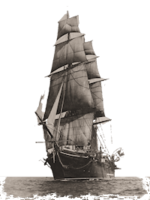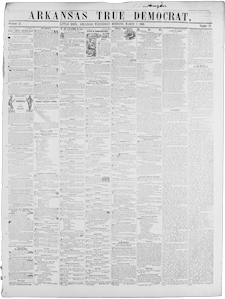May 7, 1863, The New York Herald
Long live the Union! The news of Monday’s warlike operations on the Rappahannock, received in this city yesterday, has lifted a heavy weight of anxiety from the public mind. Our heroic Army of the Potomac is still intact, and in a strong position for offensive or defensive purposes – a position which its fearless and active commander appears to entertain no though of abandoning except to advance.
In order that our readers may fully understand the general situation of affairs, we give this morning several illustrated maps and the interesting detailed reports from our special correspondents on the field of the military operations around them since Friday morning last, and the results down to Tuesday morning. It will thus be seen that General Hooker’s position remains substantially the same as at the beginning. We esteem it, too, a matter of congratulation that the detached army corps of General Sedgwick, on the Heights of Fredericksburg, hemmed in between two overwhelming divisions of the rebel army, was successful in cutting its way out, and in recrossing the river on its pontoon bridges under the enemy’s fire. It seems almost a miracle that in this daring and difficult enterprise, the corps was not captured en masse or utterly destroyed. It was, no doubt, materially assisted by Gen. Hooker’s attack upon the right on Monday afternoon, which, for the purpose of feeling and disarranging the movements of the enemy, was a brilliant success.
The reoccupation of the Heights of Fredericksburg by the rebels is no serious loss to us. General Hooker’s base of operations and his depots of supplies are on this side of the river, and are properly protected. The object of Lee and Jackson in their attack upon the heights was not the recovery of those intrenchments, which have ceased to be of any value to them, but the capture or destruction of a detached body of some twelve or fifteen thousand Union troops, with their small arms, equipments and artillery. Failing in this object, the recapture of their old defensive position is a barren victory to the enemy, and very dearly purchased, while the brilliant movement of Sedgwick from Fredericksburg greatly strengthens Gen. Hooker’s operations. [continue reading…]









